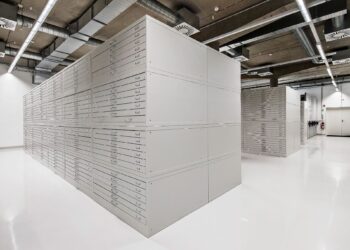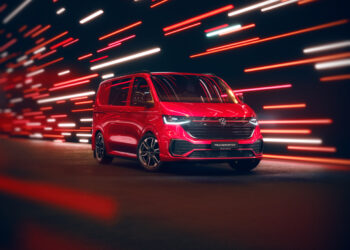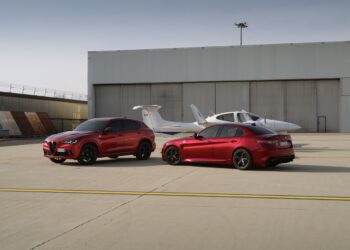BMW has heard the cries of enthusiasts loud and clear—downsizing is not in the cards for the next-generation M3. While rival Mercedes-AMG has taken a controversial path by reducing the C63 to a 2.0-liter four-cylinder hybrid, BMW M is holding the line, keeping its iconic inline-six alive as long as regulations allow.
In an exclusive interview with Drive, BMW M boss Frank van Meel confirmed that the next-gen M3 will continue to use a six-cylinder engine, rejecting the trend of shrinking displacement in favor of electrification.
Why BMW Refuses to Follow AMG’s Four-Cylinder Gamble
BMW’s decision to retain its 3.0-liter inline-six isn’t just about nostalgia—it’s about performance, endurance, and track capability.
“We are going electric, and on the other hand, we are going to keep our six-cylinder inline for the next generation,” van Meel stated. “Downsizing is also about performance output on tracks, and a four-cylinder would make it really difficult to match the continuous performance output needed.”
Simply put, BMW M refuses to compromise performance in the name of downsizing. While turbocharged four-cylinders might work for smaller performance models, a 2.0-liter plug-in hybrid system in a 3,900+ lb car (like the C63) has left AMG fans disappointed.
BMW M3: A Legacy of Power That Won’t Be Diluted
The M3’s engine evolution has always been about balance—power, character, and engagement. The original E30 M3 of the late ‘80s used a high-revving four-cylinder for racing homologation, but as BMW’s performance division evolved, the inline-six became the brand’s signature.
- E36 & E46: Straight-six power, naturally aspirated thrill
- E90/E92/E93: The only M3 with a V8, adding a new dimension to the lineup
- F80 & G80: A return to inline-six turbocharged dominance
The next-gen M3 (G84) could feature some form of mild-hybrid 48V electrification, but BMW has no plans for a plug-in hybrid system like the M5, ensuring that weight and complexity are kept in check.
AMG’s C63 Struggles: A Warning Sign for BMW & Audi
The move to a four-cylinder hybrid C63 has not gone well for Mercedes-AMG. Despite its 671-horsepower plug-in hybrid system, the new model has been met with lukewarm reception, and multiple reports suggest weak demand in both the U.S. and German markets.
- The car is heavier and more complex than before
- It lacks the signature AMG sound and character
- Sales incentives hint at underwhelming performance in the market
Seeing AMG’s struggles, both BMW M and Audi Sport have doubled down on keeping their larger engines alive for as long as possible.
- The next RS5 is expected to retain a V6
- The RS6 could still feature a V8 hybrid setup
- BMW’s M lineup will avoid four-cylinder powertrains at the top level
Final Verdict: The M3 Stays a True Performance Machine
BMW’s decision to stick with six cylinders is a win for enthusiasts and purists alike. While hybridization is inevitable in the performance car world, BMW is proving that downsizing isn’t the only way forward. By keeping its legendary straight-six engine alive, BMW ensures that the M3 remains a true driver’s car—powerful, balanced, and thrilling to push to the limit.
While AMG wrestles with the fallout of its C63 four-cylinder experiment, BMW is holding its ground—and for M3 fans, that’s the best news possible.










